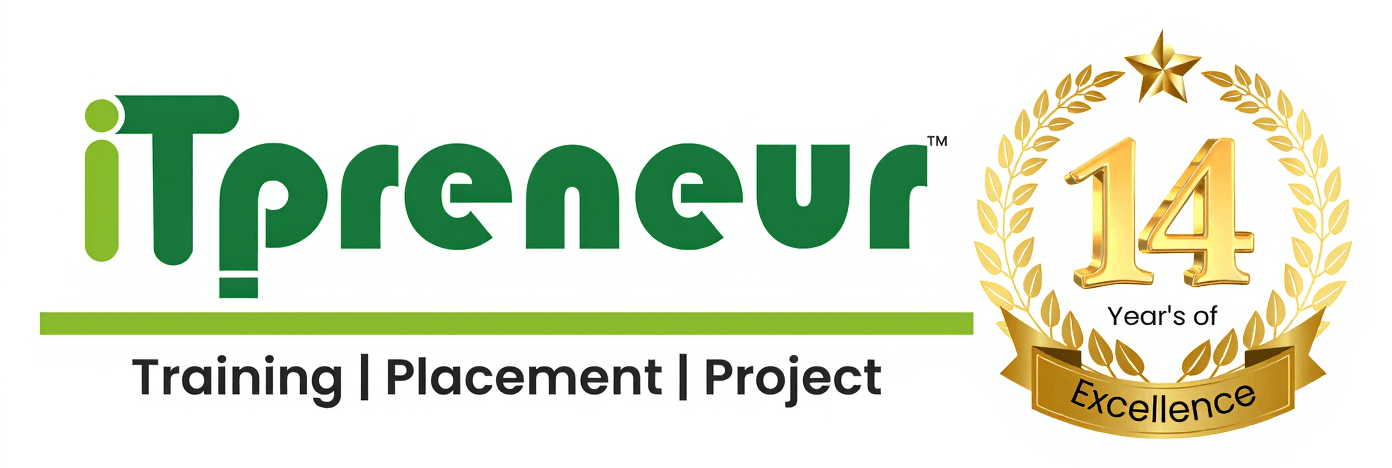Programming languages fluctuate in popularity in the rapidly changing world of technology. Nonetheless, Python is a language that has continuously expanded and shown its value in a variety of sectors. Python has emerged as the preferred language for both novices and experts due to its ease of learning, robust application, and active community. Knowing Python’s significance and its employment opportunities is a wise investment in your future, regardless of whether you’re new to coding or trying to advance your knowledge in a particular tech field.Python’s Ascent
Guido van Rossum developed Python, which was initially made available in 1991. It has developed over time into a high-level, adaptable programming language with a broad range of uses. Its extensive libraries, readability, and clear syntax make Developers, data scientists, and even non-programmers who wish to automate processes or analyse data love it.
Python is regularly rated as one of the best programming languages in the world by the TIOBE Index and Stack Overflow Developer Surveys. Due in large part to its versatility and user-friendliness, it has surpassed more established titans like Java and C++ in popularity.
Python’s Role in the Future
- Applications Across Industries: Python is not just for one industry. Web development, AI, machine learning, data science, automation, game development, and even the financial and medical industries use it. It is future-proof due to its cross-industry application.
- Community Support and Open Source: Python is free to use and distribute because it is open-source. Additionally, it has a sizable international community that is always working to make it better. This guarantees that Python remains current with the most recent demands of the industry.
- Quick Development and Prototyping: Python enables programmers to accomplish more with less code. In startups and other innovation-driven settings where quick prototyping is crucial, this feature is especially helpful.
- Compatibility and Integration: Python readily combines with other programming languages, such as Java, C, and C++.
- It is appropriate for a variety of platforms and operating systems because it supports a large number of frameworks and tools.
- High Demand in the Job Market: Python developers are becoming more and more in demand as industries continue to digitise. Python expertise is highly valued by startups, research institutions, and tech behemoths like Google and Netflix.
Career Paths You Can Pursue with Python
The following are some of the most promising professions where knowing Python is not only advantageous but frequently necessary:
1. Data Scientist
Because of libraries like Pandas, NumPy, SciPy, and Matplotlib, Python is the language of choice for data science. Python is used by data scientists to gather, clean, analyse, and visualise data so that businesses can make well-informed decisions.
2. Engineer for Machine Learning
Python is perfect for creating machine learning models because of its ease of use and robust frameworks like TensorFlow, Keras, and Scikit-learn. Algorithms that can automate procedures and forecast results are created by ML engineers.
3. A developer of websites
Python makes back-end web development easier with frameworks like Flask and Django. These frameworks are widely used in web applications because they are safe, scalable, and facilitate quick development.
4. Engineer for Automation
Python is frequently used to write scripts that automate repetitive tasks, such as software testing, report generation, and web scraping. It’s an essential tool for increasing output and decreasing manual labour.
5. Developer of Software
Python excels in general-purpose programming as well. With tools like Kivy and BeeWare, it can be used to create desktop apps, games, and even mobile apps.
6. Researcher of AI
Python is widely used in artificial intelligence research because of its ease of use and abundance of libraries. It is used by researchers to model intelligent systems, simulate environments, and create new algorithms.
7. Engineer in DevOps
System monitoring, infrastructure automation, and continuous integration and deployment are all part of DevOps roles. Python scripts are frequently used to effectively handle these tasks.
Future Trends in Python
Python appears to have a more promising future than before. Python will remain a fundamental skill in the tech ecosystem as investments in AI, machine learning, and data science increase. Since it is frequently taught as the first language in schools and colleges, its role in education is also growing.
Furthermore, Python libraries are starting to appear to support new technologies as a result of developments in fields like quantum computing. Because of its simplicity, scientists and researchers can concentrate on creativity rather than syntax.
Final Thoughts
The answer to the question of whether learning Python is worthwhile is unquestionably yes. It is a wise choice for anyone wishing to pursue a long-term career in technology because of its adaptability, robust industry adoption, and supportive community. Python provides access to a wide range of high-growth career options, regardless of your interests in data, development, automation, or innovation.
With Python, you have the potential to become the next game-changing data scientist, AI engineer, or tech entrepreneur.

